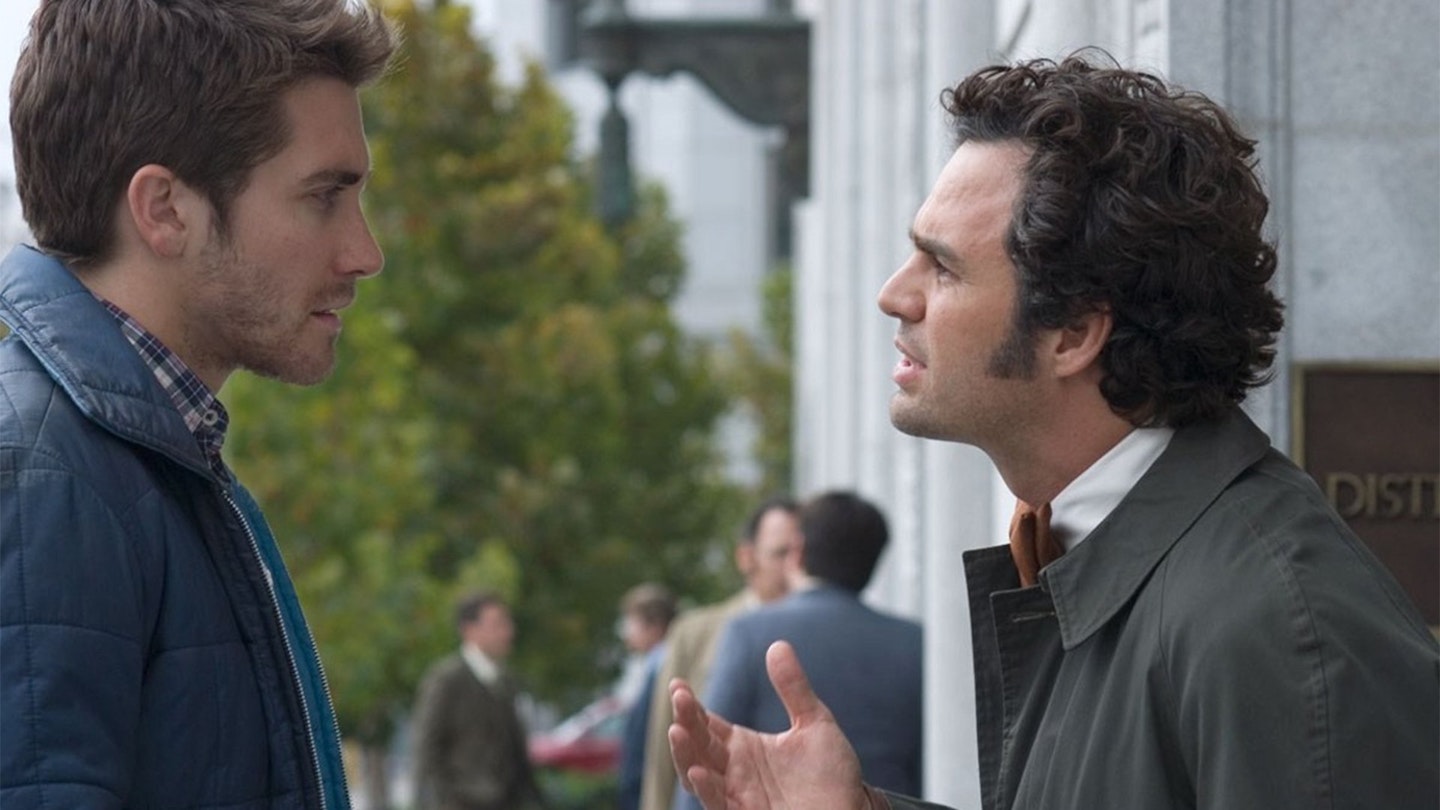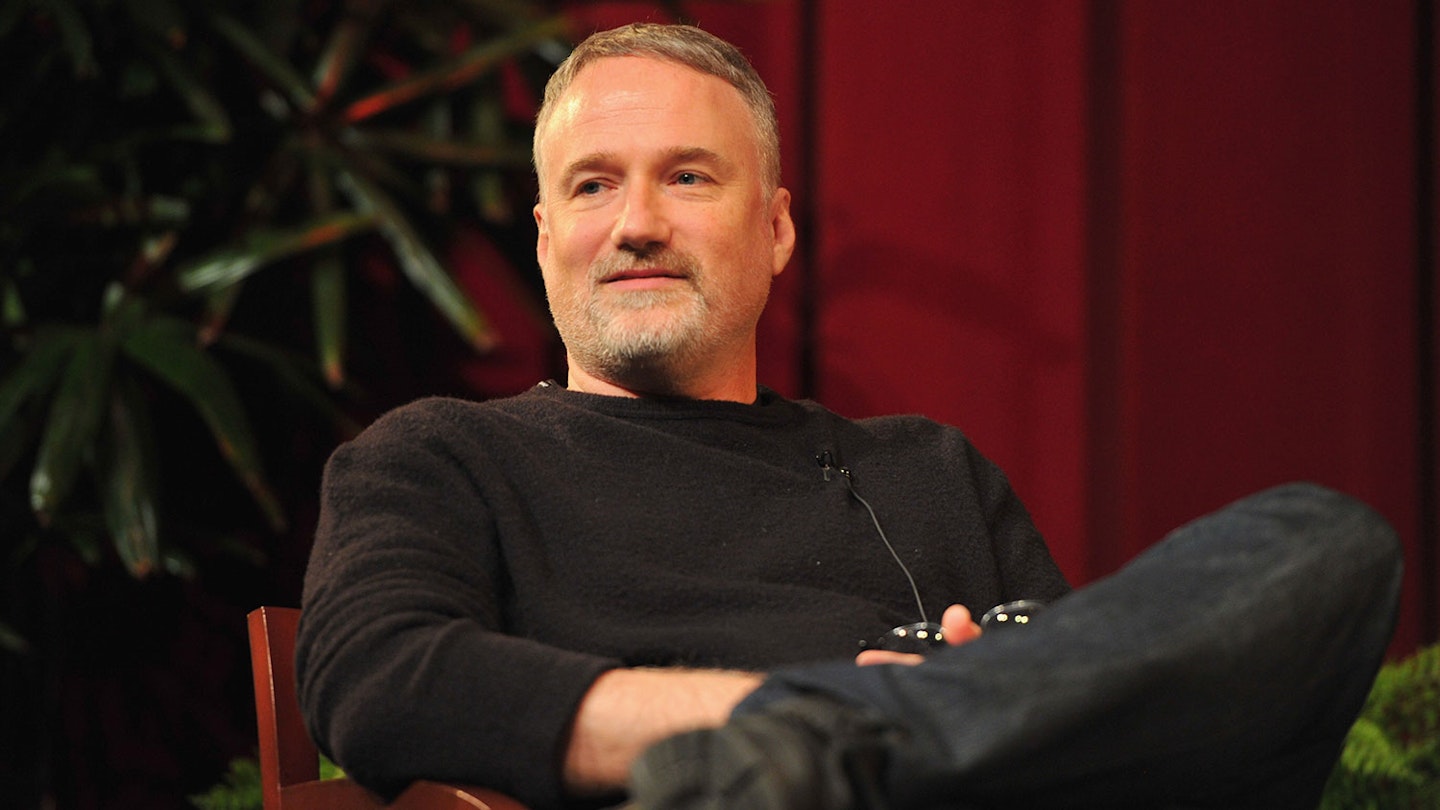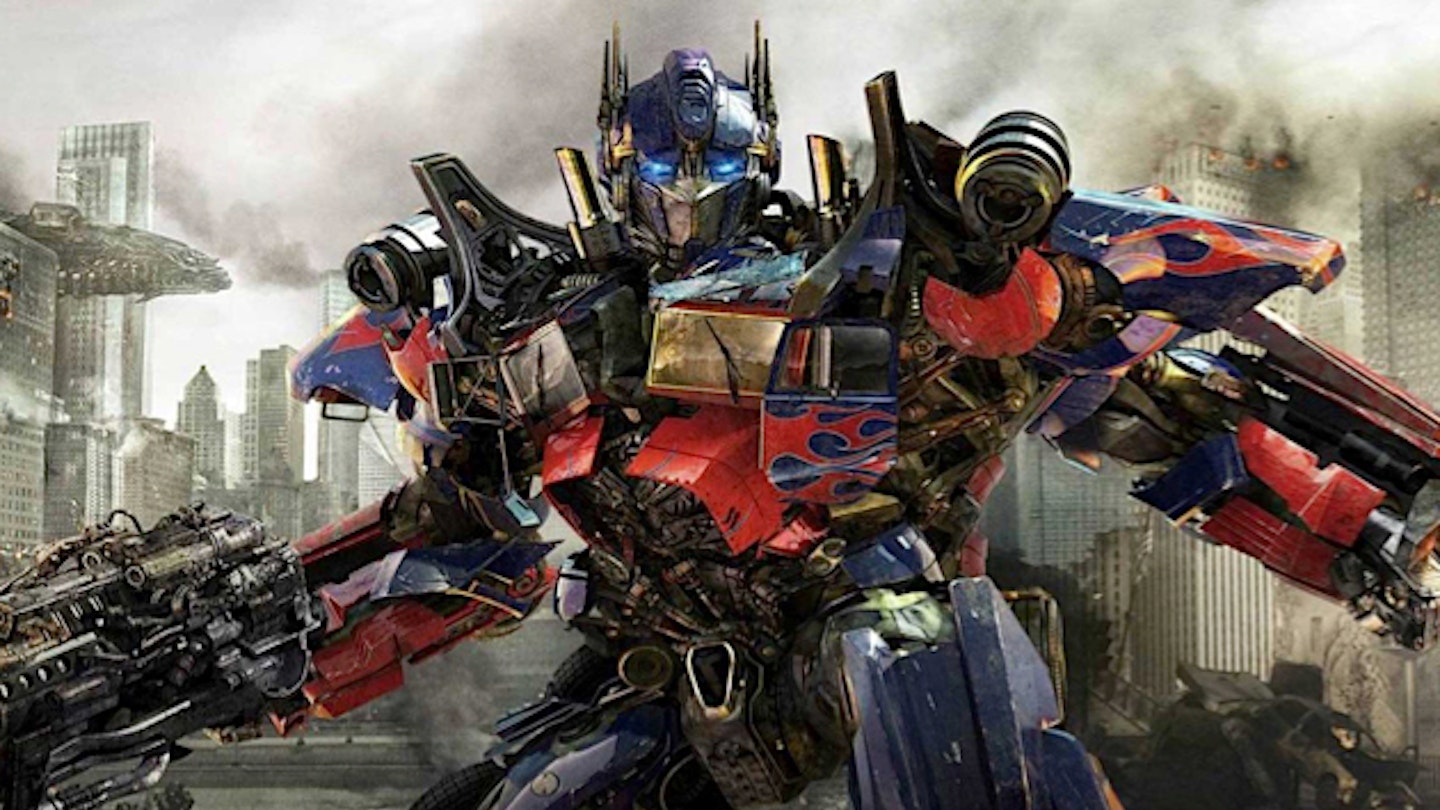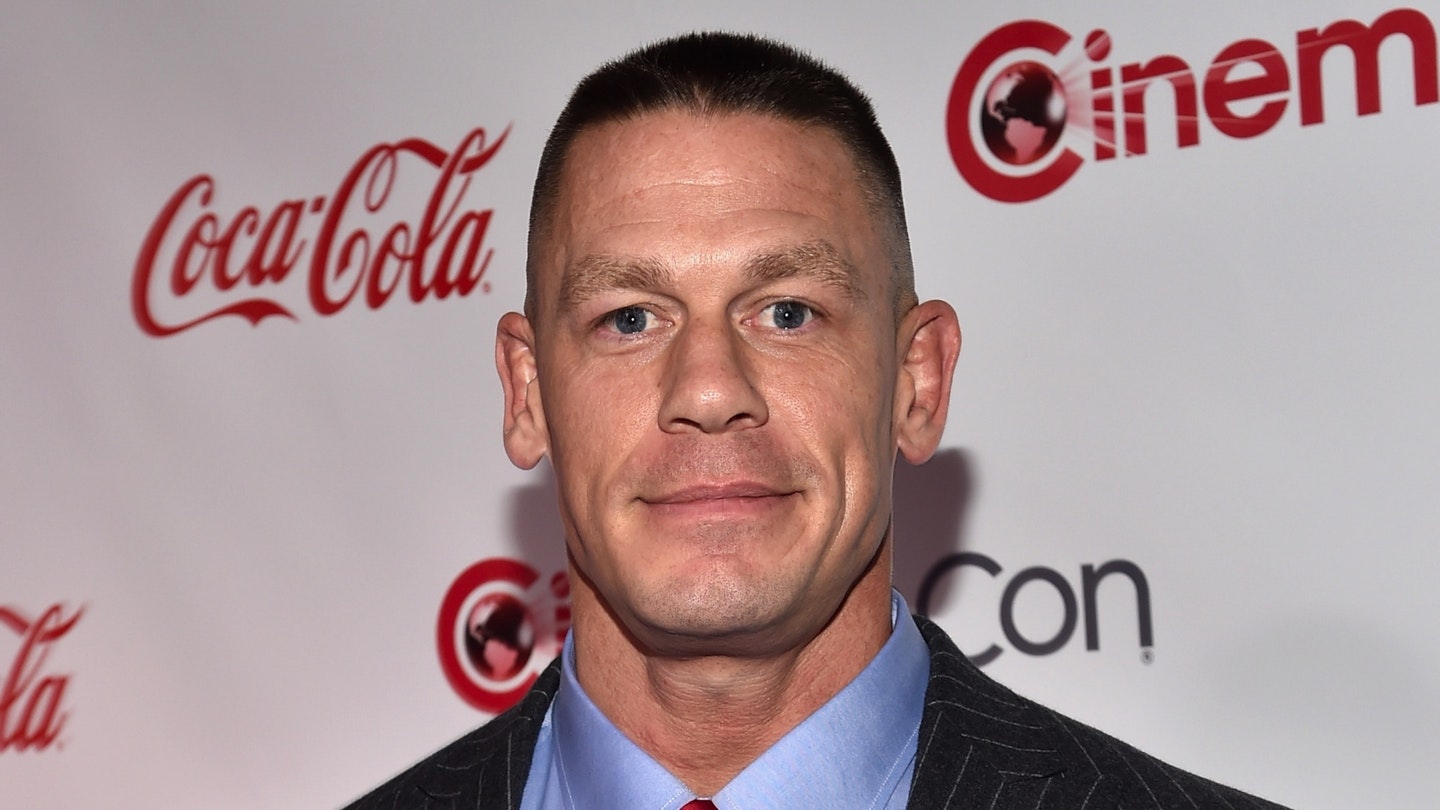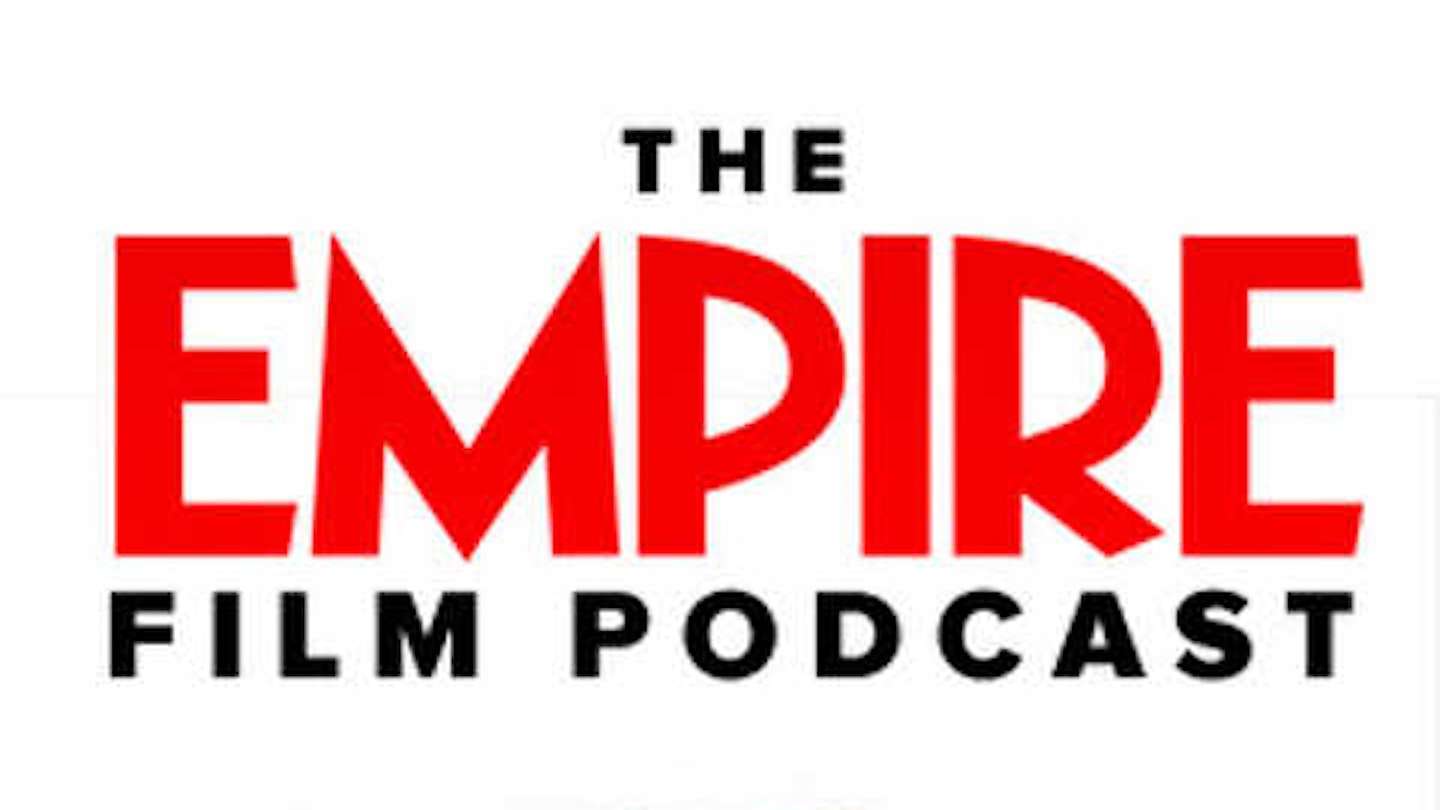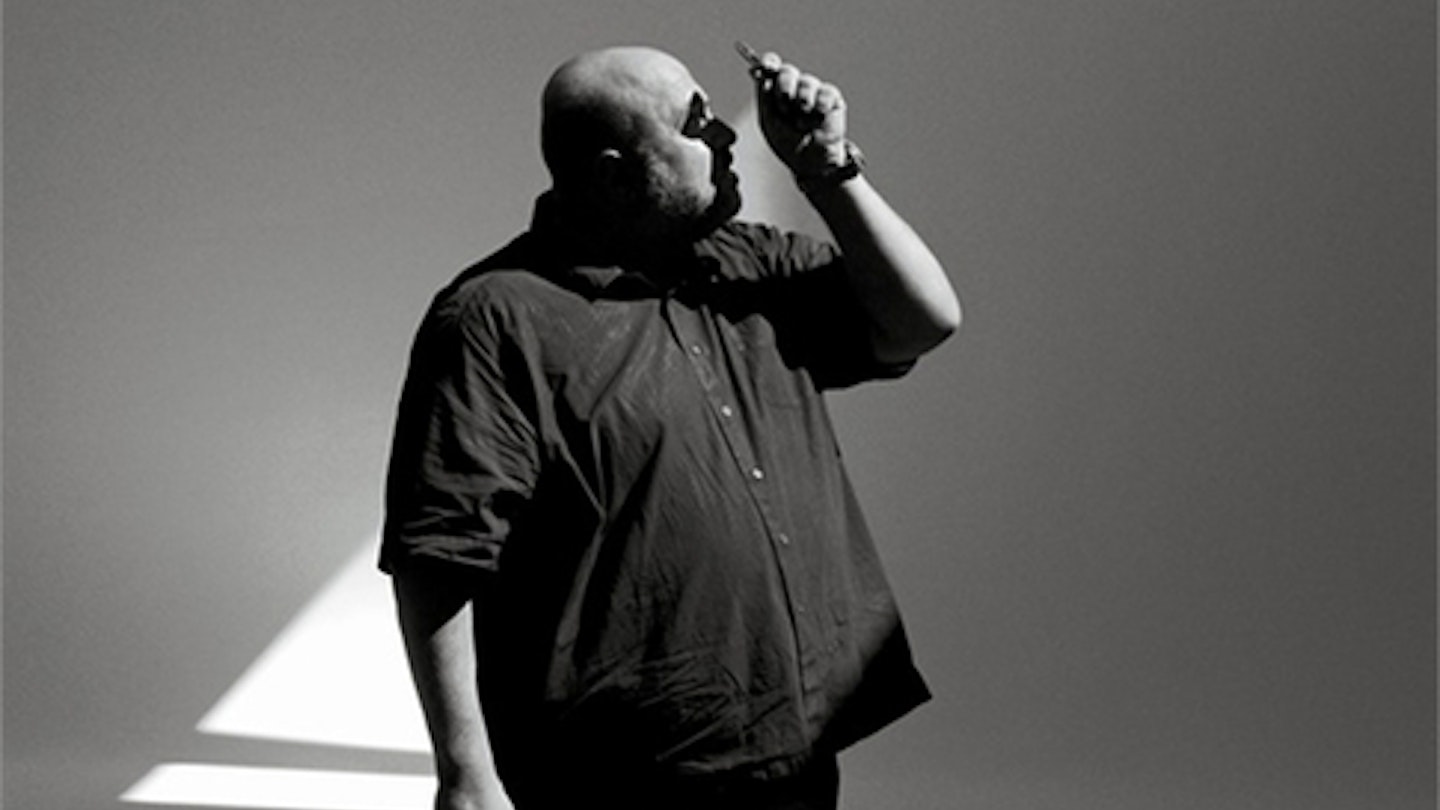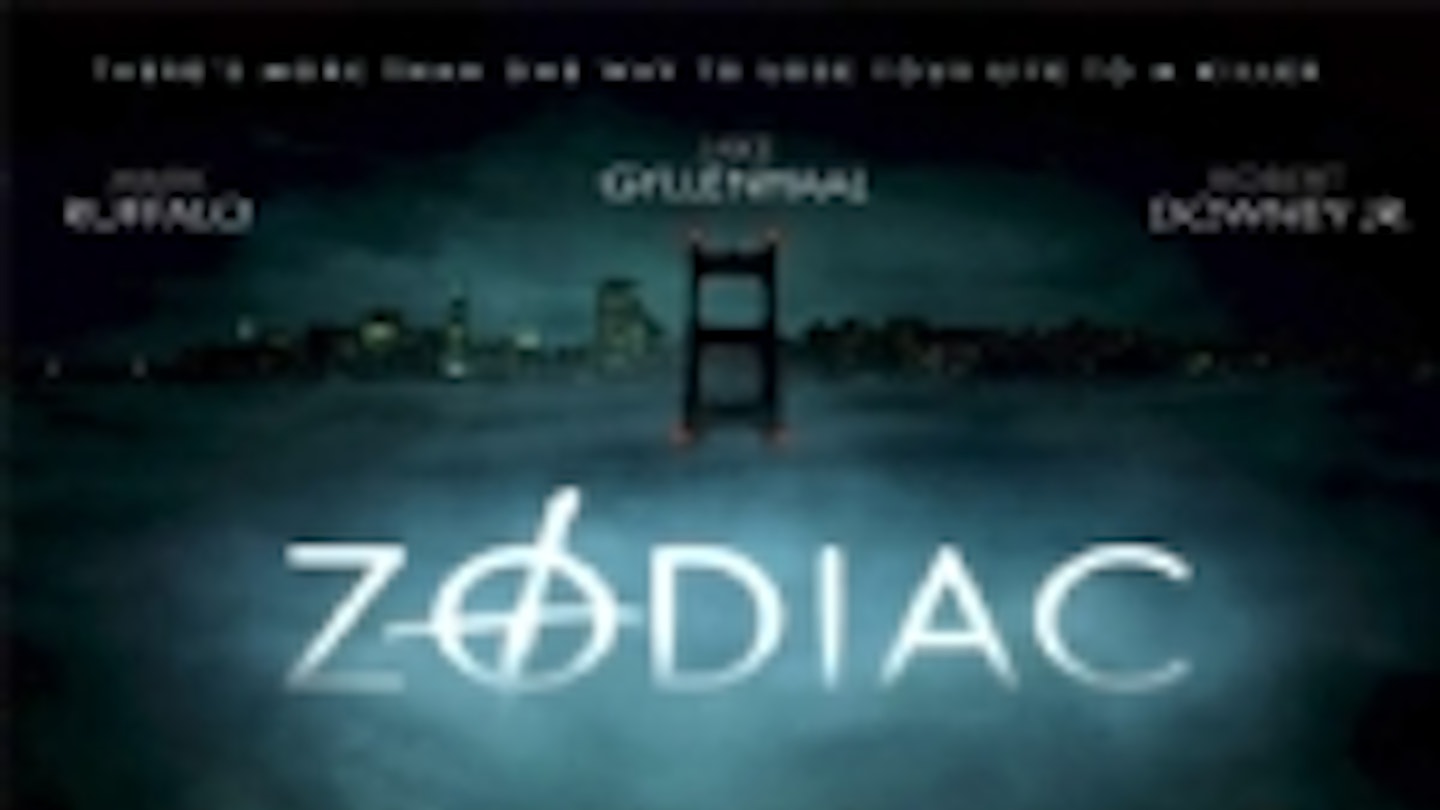Jack The Ripper is remembered 120 years after he put down the knife for two reasons: a) someone (almost certainly not him) wrote taunting letters in red ink to the media and the police signed with the catchy ‘trade-name’; and b) he was never caught and cannot definitively be identified. The Metropolitan Police may not be working the case, but the Whitechapel Murders of 1888 are still open, and therefore the Ripper might as well still be at large and dangerous. Because the mystery remains unsolved, he is still frightening. How much more frightening, then, is San Francisco’s Zodiac Killer — who took great pains (including swatches of a victim’s bloody shirt) to prove that he wrote his own letters to the press, has also eluded the police for decades since his first crimes, and might conceivably still be alive?
Part of the modern-day ritual necessary for taking on board any horror, from the average killing spree to the 9/11 attacks, is to get the facts of any case straight in a succession of chronicles — paperback true-crime bestsellers, couple of TV movies, and (eventually) a more considered cinema film. With Zodiac, this pattern is frustrated — we have the books and the movies, but there are crucial gaps in the intricate and exhaustive tapestry of hard evidence. Robert Graysmith, the doodler and puzzle addict who picked up the case when more official investigators had walked away, is convinced he knows who the killer was, and David Fincher’s film adaptation of Graysmith’s two books on the case eventually comes near to the same conclusion. However, there’s really no way (short of the silly detours into fantasy that afflict most Jack The Ripper movies) of providing the ‘closure’ demanded of Hollywood films by audiences, development executives and screenwriting guru Robert McKee. Therefore, Zodiac was fated from its inception to be an uncomfortable experience, a whodunnit with the last few pages torn out, a film biography of a faceless man.
Even something as incendiary as Spike Lee’s Summer Of Sam or as disreputable as the endless schlock biopics of Ted Bundy, Ed Gein, Jeffrey Dahmer and John Wayne Gacy are able to deliver approximately happy endings — they caught the bastards! In the two-and-a-half-hour haul of Zodiac, we see all the certainties of the serial killer genre shredded. David Toschi (Mark Ruffalo), the bow-tie-wearing cop on the case, is a model of West Coast cool whose manner of wearing a gun-holster was copied by Steve McQueen in Bullitt. If this were a conventional movie, he would catch the killer — but Fincher shows the confident supercop become a crotchety, tired, greying figure, quietly bereft when his longtime partner (Anthony Edwards) transfers to something nine-to-five like fraud. In a crucial sequence, Toschi attends a special premiere of Dirty Harry — which fantasised a shoot-out finale to kill off a villain modelled on Zodiac, who actually tries to carry out the schoolbus attack the real murderer merely threatened — and walks out in disgust, muttering, “Whatever happened to ‘due process’?” Paul Avery (Robert Downey Jr.) comes on like that epitome of 1970s radical chic cool, the underground journalist with a mainstream outlet, making brilliant leaps around the befuddled authorities and going after the Zodiac like Woodward and Bernstein went after Nixon. He ends up drinking himself out of a job and hiding out on a boathouse, still paranoid that the killer will come after him.
Though Ruffalo, Edwards and Downey Jr. are outstanding in their various crash-and-burn approaches to the case, the film is built around Jake Gyllenhaal’s Graysmith, a boyish outsider who makes a few connections no-one else does and later devotes his whole life to a private crusade, to the extent of roping in his preteen kids as research assistants. Gyllenhaal is excellent, but suffers through a few too many scenes with poor Chloë Sevigny — who gets stuck with the traditionally annoying Teri Garr-in-Close Encounters role as a wife who nags her husband about spending too much time on the business we’re interested in. As always, it’s impossible not to sympathise with the character — but audiences also wish she’d shut up and let Graysmith get on with tracking down that last stray witness and joining the dots no-one else has bothered with.
It’s a truism that serial killers are media creations, but Zodiac — who may have taken his name and symbol from a watch advert, was perhaps inspired by the 1932 movie The Most Dangerous Game, and wanted a lawyer who had guest-starred in a Star Trek episode to represent him — remains a phantom of the tube and newsprint. Murderers who are caught get shown up as pathetic human beings rather than Lecter-like masterminds, but Zodiac was either clever or lucky, and remains a phantom. Fincher offers us his creepy, misspelled letters in voice-over and brings a hooded form on for one of the killings, but the film’s most unsettling moments come when the possible Zodiacs are around: convicted paedophile Arthur Leigh Allen (John Carroll Lynch) or repertory cinema programmer Bob Vaughn (Charles Fleischer). As in Seven and Fight Club, Fincher boasts an unparalleled ability to present ostensibly friendly, deeply twisted people credibly — one of Zodiac’s few melodramatic moments, as Vaughn spooks Graysmith so much he flees the suspect’s house, works entirely because of the unnerving performances.
While this isn’t as straightforward as Panic Room, Fincher’s previous film, it lacks the highly wrought style of Seven and Fight Club — and the few holdovers from his earlier method (like the frequent California downpours which strike whenever the characters aren’t depressed enough) don’t quite match the less-showy All The President’s Men-like docudrama manner used here. Whole stretches are merely conventional, with hits of the ’70s on the soundtrack to counterpoint the killings and cop-shop or newsroom scenes that could have come from a TV show of the time, like The Streets Of San Francisco or Lou Grant. Wonderfully acted as it is, there’s still a sense that Fincher — who is evidently as hung up on Zodiac as James Cameron was on Titanic — is working a notch or two below what he is capable of. Screenwriter James Vanderbilt’s CV includes Darkness Falls, Basic and Welcome To The Jungle, and his draft really could have done with a brush-up from some less pragmatic talent to make this as deep and affecting as it is long and brilliantly detailed.
